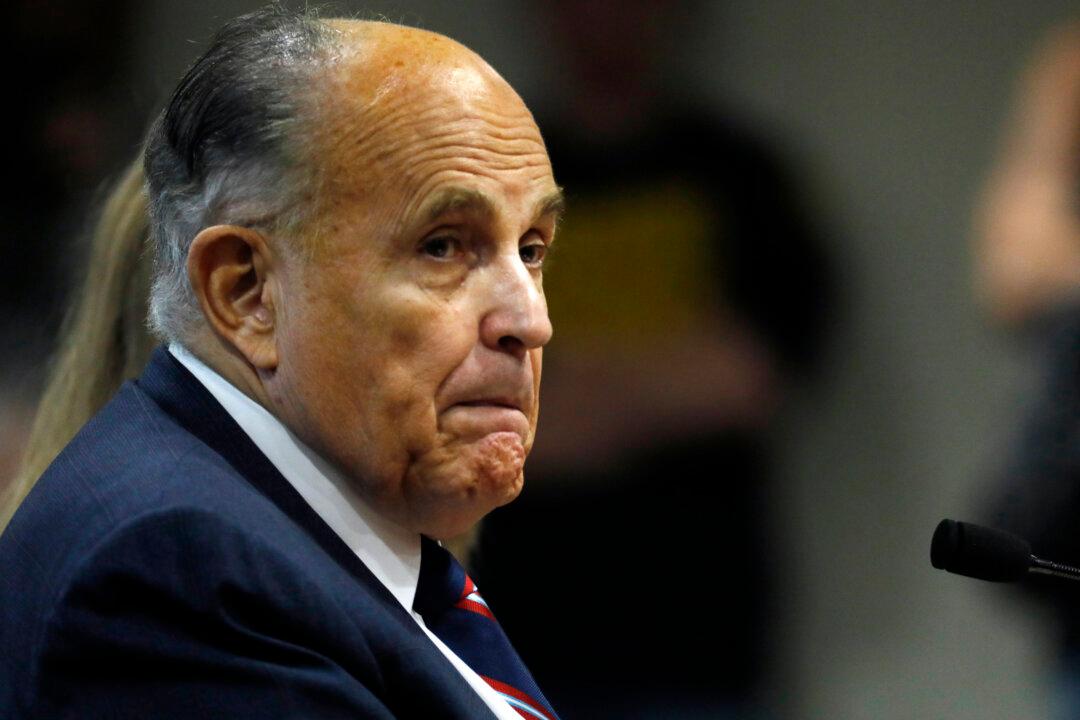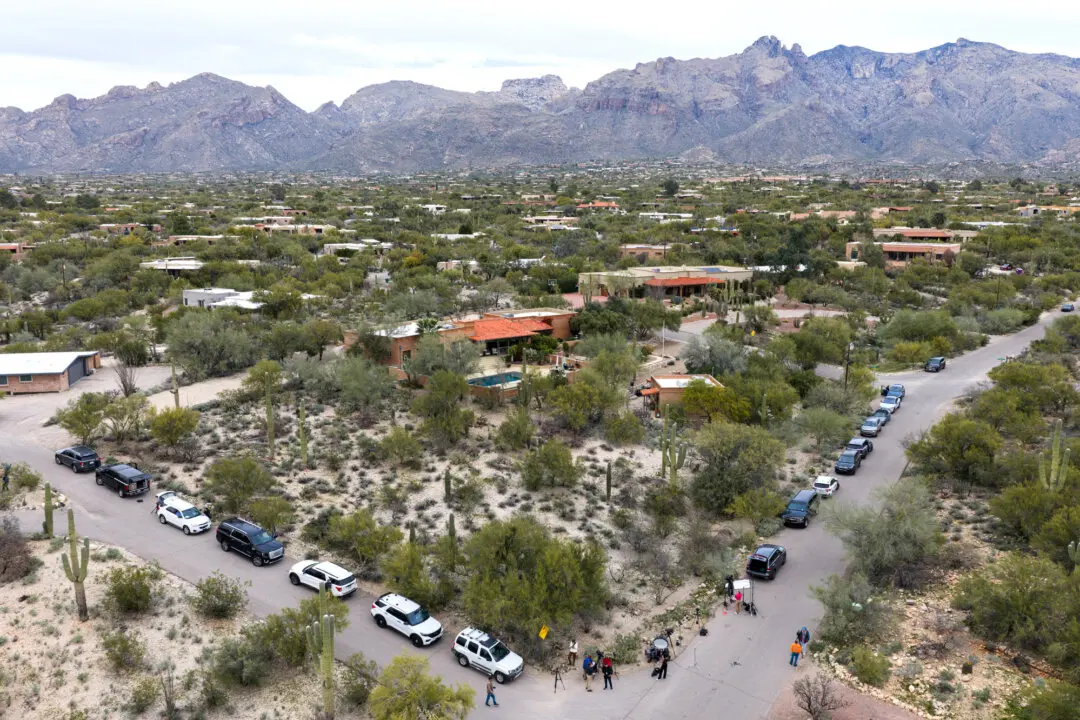Harvard Law professor emeritus Alan Dershowitz argued that the recent decision by a New York court to suspend former New York Mayor Rudy Giuliani’s law license is flawed and unconstitutional.
“The courts have long held that a lawyer is not entitled to the full protection of the First Amendment for statements made in court. That may be understandable because a lawyer has a special obligation to be candid with judges and jurors,” he wrote in an opinion article published June 28, days after the state Supreme Court suspended Giuliani’s license over statements he made following the 2020 election.





